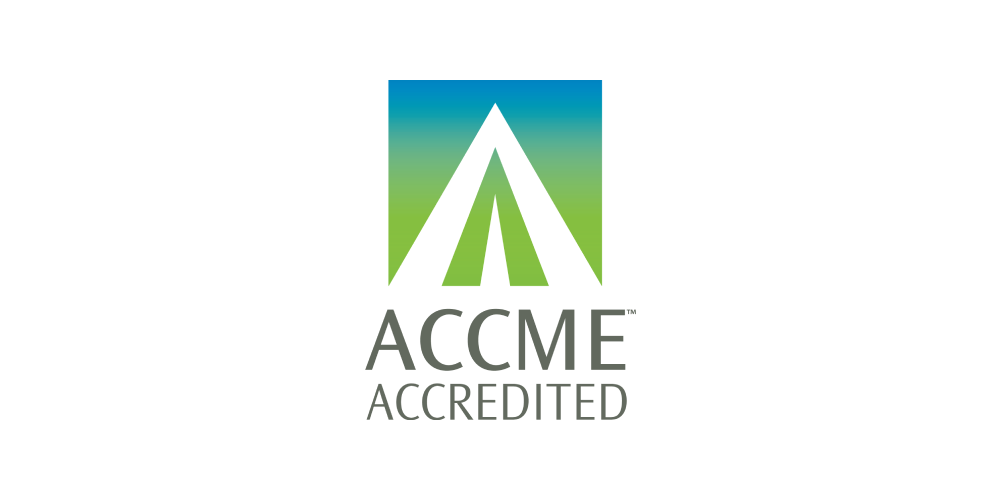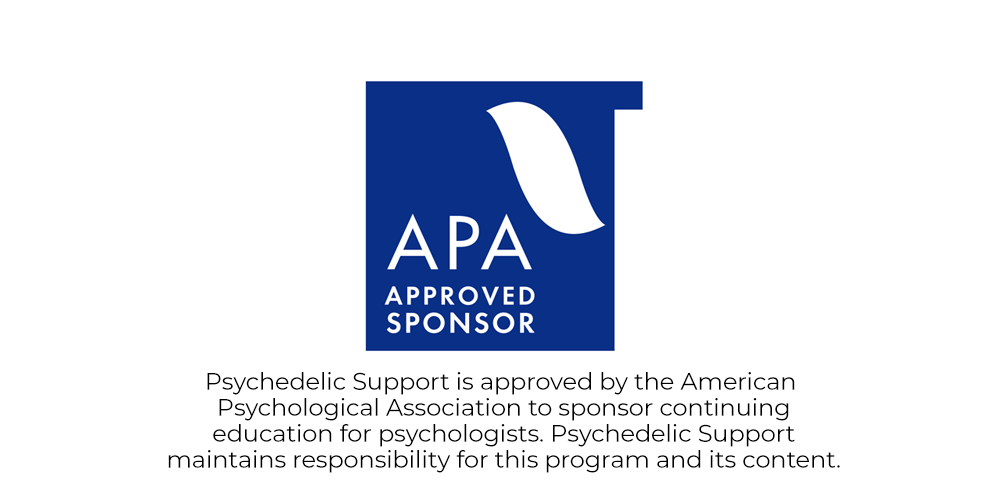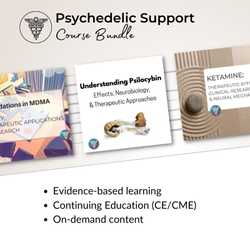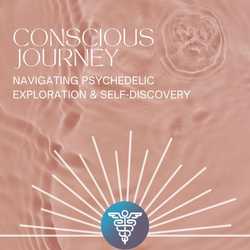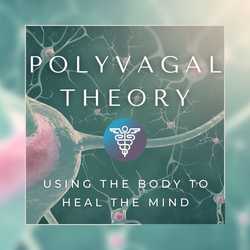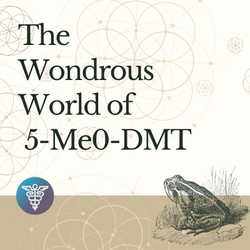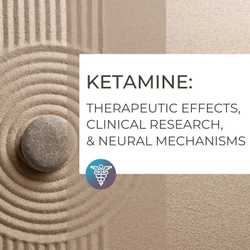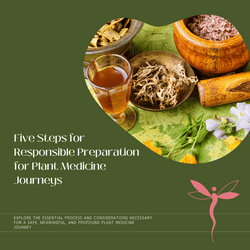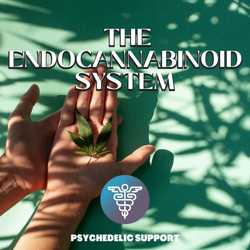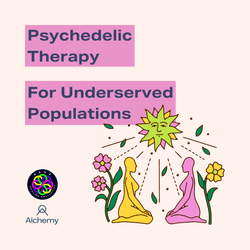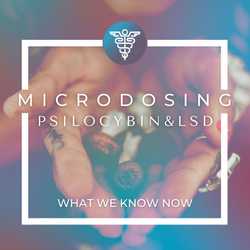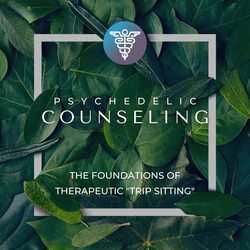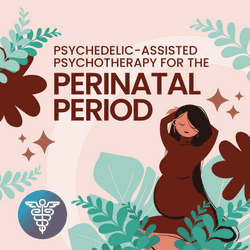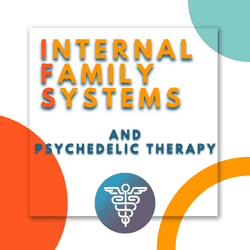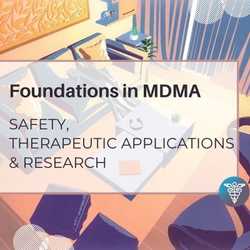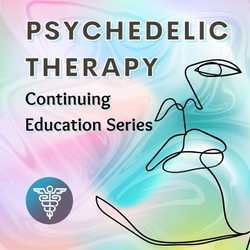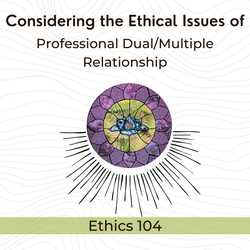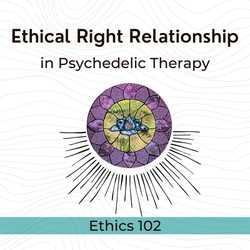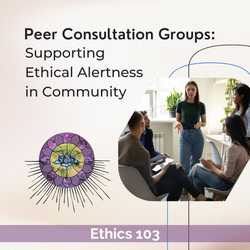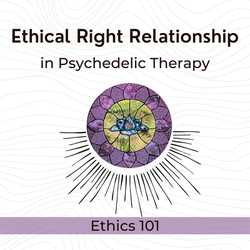Understanding Psilocybin: Effects, Neurobiology, and Therapeutic Approaches
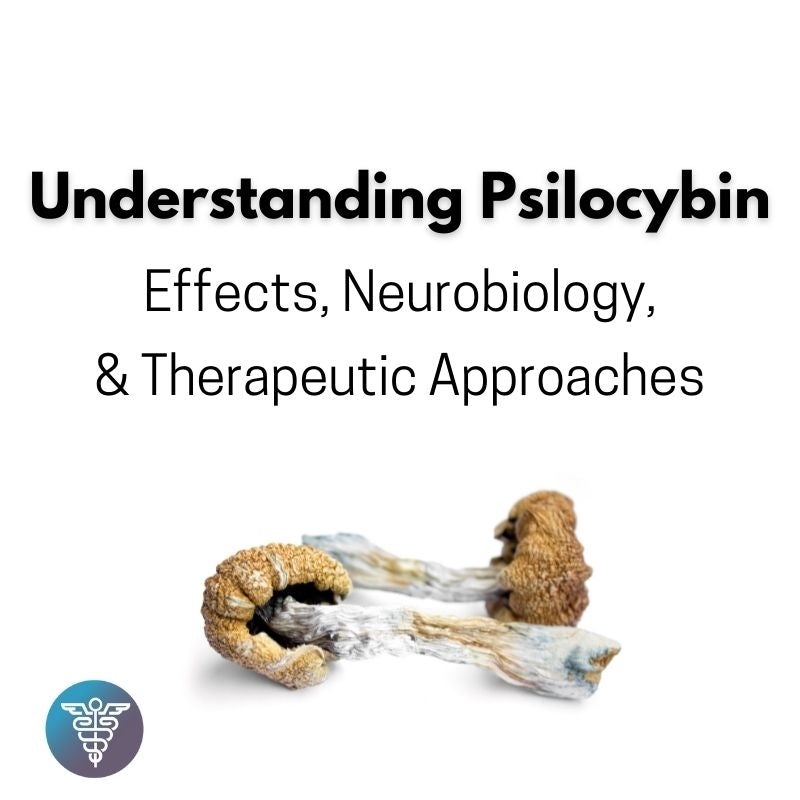
Understanding Psilocybin: Effects, Neurobiology, and Therapeutic Approaches
$0.00
Course Access
Guarantee
Learning
Course Description
For thousands of years, humans have ingested psychoactive mushrooms in various contexts for healing and spiritual purposes. Psilocybin, the active ingredient in “magic mushrooms,” is now being tested in clinical trials as a treatment for depression, alcohol use disorders, nicotine dependence, eating disorders, obsessive-compulsive disorder, cluster and migraine headaches, and anxiety related to life-threatening illnesses.
This course provides a comprehensive summary of the pharmacology and effects of psilocybin, how it works in the brain, and why people can have mystical experiences and sensory-perceptual shifts. Become knowledgeable on clinical protocols, safety and efficacy results, study participant accounts, and potential risks in both medical and non-medical settings. You will explore different therapeutic approaches under investigation for psilocybin treatment. Designed by leading psychedelic researchers and medical professionals, this course offers a balanced and unbiased presentation of the effects and safety of psilocybin.
Who is this course for?
This course is perfect for mental health professionals, doctors, neuroscience students, and anyone interested in gaining insight into the science and therapies under investigation.
Course Curriculum
Learning Objectives for Module 1: What’s All The Magic About? Psilocybin Pharmacology, Effects, and Safety
After completing this module, participants will be able to:
- Describe how psilocybin acts in the brain and body to produce psychological and physiological effects
- List contraindicated medical conditions and medications for psilocybin use
- Discuss common reactions and adverse events associated with psilocybin and how risks differ between non-medical and clinical contexts
Learning Objectives for Module 2: Clinical Trial Findings of Psilocybin Treatment for Depression and Other Psychiatric Indications
After completing this module, participants will be able to:
- List the overarching inclusion and exclusion criteria for phase 2 psilocybin trials
- Describe findings from phase psilocybin 2 trials for each indication
- Recite current and planned psilocybin trials and name the trial sponsors
Learning Objectives for Module 3: Psilocybin Ancient History, Psychological Mechanisms, and the Future of Microdosing
After completing this module, participants will be able to:
- Describe the varied contexts where psilocybin has been used both historically and in the present day
- Explain the possible psychological and neurobiological mechanisms that may occur during psilocybin-assisted therapy
- Discuss the effects and clinical research findings of microdosing
Learning Objectives for Module 4: Neurobiological Effects of Psilocybin: Brain Circuits to Behavior
After completing this module, participants will be able to:
- Describe early theories from the 19th and 20th centuries on how psychedelics alter brain function
- Discuss how psilocybin produces acute changes in emotion, perception, and sense of self
- Compare modern-day neuroimaging study findings with current theories about the neural mechanisms of psilocybin
Webinars & Interviews
- Exploring the Mysteries of Psychedelic Experiences with Bill Richards, PhD, and Kile Ortigo, PhD, moderated by Karen Peoples, PhD
- Psychedelic-assisted Group Therapy: Feasibility Study and Future Directions with Alicia Danforth, PhD and Chris Stauffer, MD
- Critical Frameworks for Psychedelic-assisted Therapies: Importance of setting, preparation, and training of therapists with Christopher Nicholas, PhD and Peter Hendricks, PhD
- Interview with Emmanuelle Schindler, MD, PhD on Psilocybin Research for Headache Disorders
- Interview with Katrin Preller, PhD on Psilocybin Neurobiological Effects and Future Research Directions
Professional Continuing Education
In support of improving patient care, Psychedelic Support offers continuing education for health providers through the Accreditation Council for Continuing Medical Education (ACCME) and the American Psychological Association (APA).
Testimonials
Meet your Course Instructors, Contributors, & Peer Reviewers:

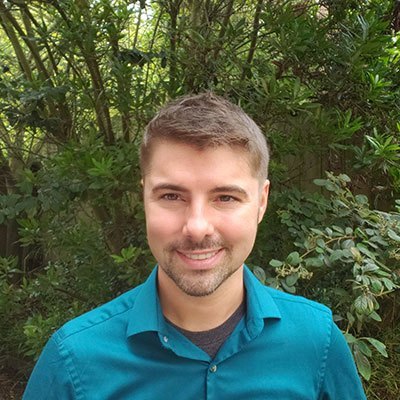













Extra Info
- Online platform access: 1 year.
- After 1 year, renew your account for an additional year by purchasing any of our on-demand courses. All previously purchased courses will be accessible in your dashboard.
- 100% student satisfaction or money-back guarantee.
- For the best experience, we recommend taking the course on a tablet or computer.
- Course FAQ can be found here.
Self-paced course includes:
- 9.25 hours of psilocybin learning content
- Interactive eLearning modules with narration
- Interviews with psychedelic therapists, medical doctors, researchers, and neuroscientists
- Animations and detailed graphics of complex topics
- Conversations with therapists and academic researchers around special topics
- Assignments to further advance your knowledge and comprehension
- Downloadable course exports and narration scripts
- Downloadable reference lists with cited publications and links
- Downloadable resource documents with suggested videos, books, articles, and websites
- Discussion forum to engage with other learners and instructors
- Knowledge checks throughout the course
- 1 year access to our online learning platform
- Invite to our monthly speaker series and access to videos from our past events
- Official Psychedelic Support Certificate of Completion
Choose the Continuing Education (CE) option for:
- Continuing education (CE) 9 hours of credits.
- CE Certificate for licensed professionals, including psychologists, therapists, nurses, social workers, etc.
- See below for more information about continuing education.
Choose the Continuing Medical Education (CME) option for:
- CME Certificate (AMA PRA Category 1 Credit™) for doctors, nurses, medical professionals, etc. for psilocybin content for 5 AMA PRA Category 1 Credits™.
- See below for more information about continuing education.
Certificate Information
Interested in the different certificate options for our courses? Read on to learn more:
Once you complete the course you will receive a Psychedelic Support Certificate of Completion. Choose this option if you are not a licensed health provider and do not need continuing education credit for your professional degree.
Once you complete the course you will receive a Psychedelic Support CE Certificate. Choose this option if you are a licensed health provider who would like continuing education credit for your professional degree.
- Be sure to select the CE credit option when purchasing the course.
- Upon completion of the course, you will receive a Certificate of Attendance for your credits.
- CE credits for psychologists are provided by Psychedelic Support, an APA-approved CE sponsor.
- Psychedelic Support is approved by the American Psychological Association to sponsor continuing education for psychologists. Psychedelic Support maintains responsibility for this program and its content.
- The California Board of Behavioral Sciences accepts CE credits for LCSW, LPCC, LEP, and LMFT license renewal for programs offered by approved sponsors of CE by the American Psychological Association.
- LCSW, LPCC, LEP, and LMFTs, and other mental health professionals from states other than California need to check with their state licensing board as to whether or not they accept programs offered by approved sponsors of CE by the American Psychological Association.
- For questions about receiving your Certificate of Attendance, to request special accommodations, or report a grievance contact Psychedelic Support at info@psychedelic.support.
Once you complete the course you will receive a Psychedelic Support CME Certificate. Choose this option if you are a licensed health provider would like continuing education credit for your professional degree.
This activity has been planned and implemented in accordance with the accreditation requirements and policies of the Accreditation Council for Continuing Medical Education (ACCME) through the joint providership of PeerPoint Medical Education Institute and Psychedelic Support. PeerPoint Medical Education Institute is accredited by the ACCME to provide continuing medical education for physicians.
AMA PRA Category 1 Credit™ for non-physicians: There are other disciplines that may accept AMA PRA Category 1 Credit™ as equivalent CE or CEU for re-licensure or recertification, including, but not limited to, Nurses, Nurse Practitioners, Physician Assistants, Pharm D’s, and Psychologists. It is advisable for you to verify equivalency with your specific governing body, as state boards vary in their requirements.
Credit Designation Statement
PeerPoint Medical Education Institute designates this online enduring material activity for a maximum of 5 AMA PRA Category 1 Credits™. Physicians should claim only the credit commensurate with the extent of their participation in the activity.
Target Audience
This activity is geared to meet the educational requirements of Healthcare Providers from a range of disciplines: Physicians, Psychiatrists, Psychologists, Therapists, and LCSWs who will participate in or form interdisciplinary teams, or practice independently.
Core Competencies
This activity encompasses the following desirable physician attributes: Patient Care & Procedural Skills, Medical Knowledge, Professionalism, and Practice-Based Learning & Improvement.
Format
The presentational methods for this activity are Lecture and Small Group Discussion/Roundtable. The course content has been peer-reviewed for content validity and found to be evidenced-based, fair, balanced, and free from commercial bias.
Commercial Support
There is no commercial support for this activity.
Release Date
This activity was released for credit on October 1, 2025.
Review Date
This activity was reviewed on October 1, 2025.
Termination Date
This activity is valid for credit through October 1, 2027.
